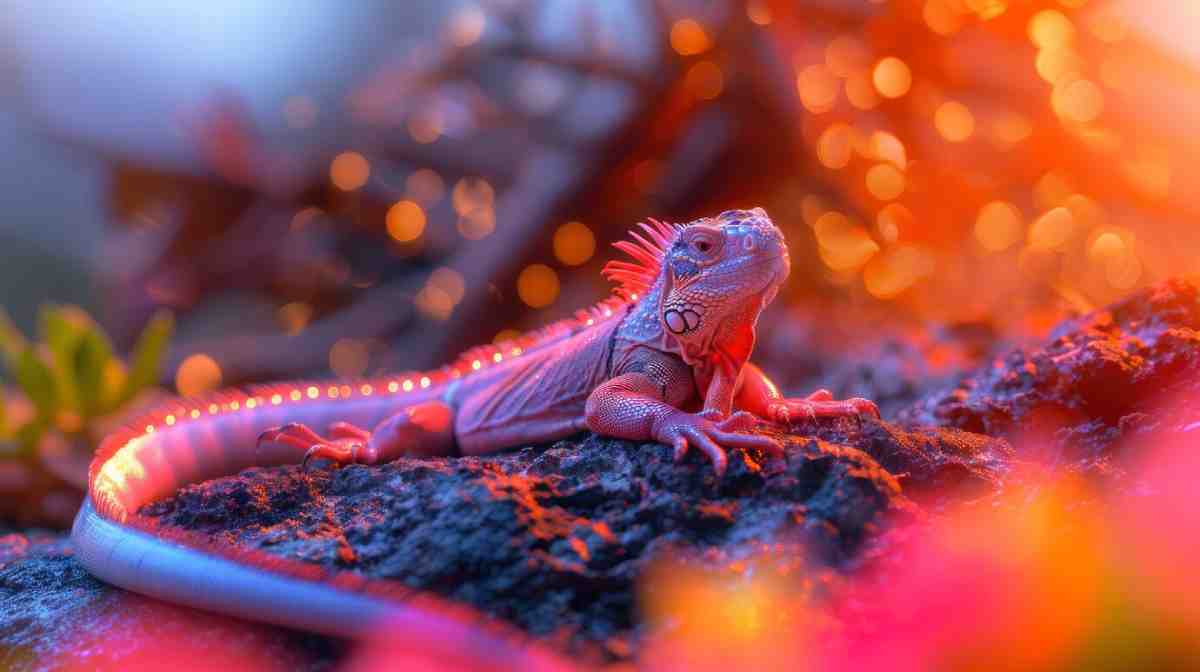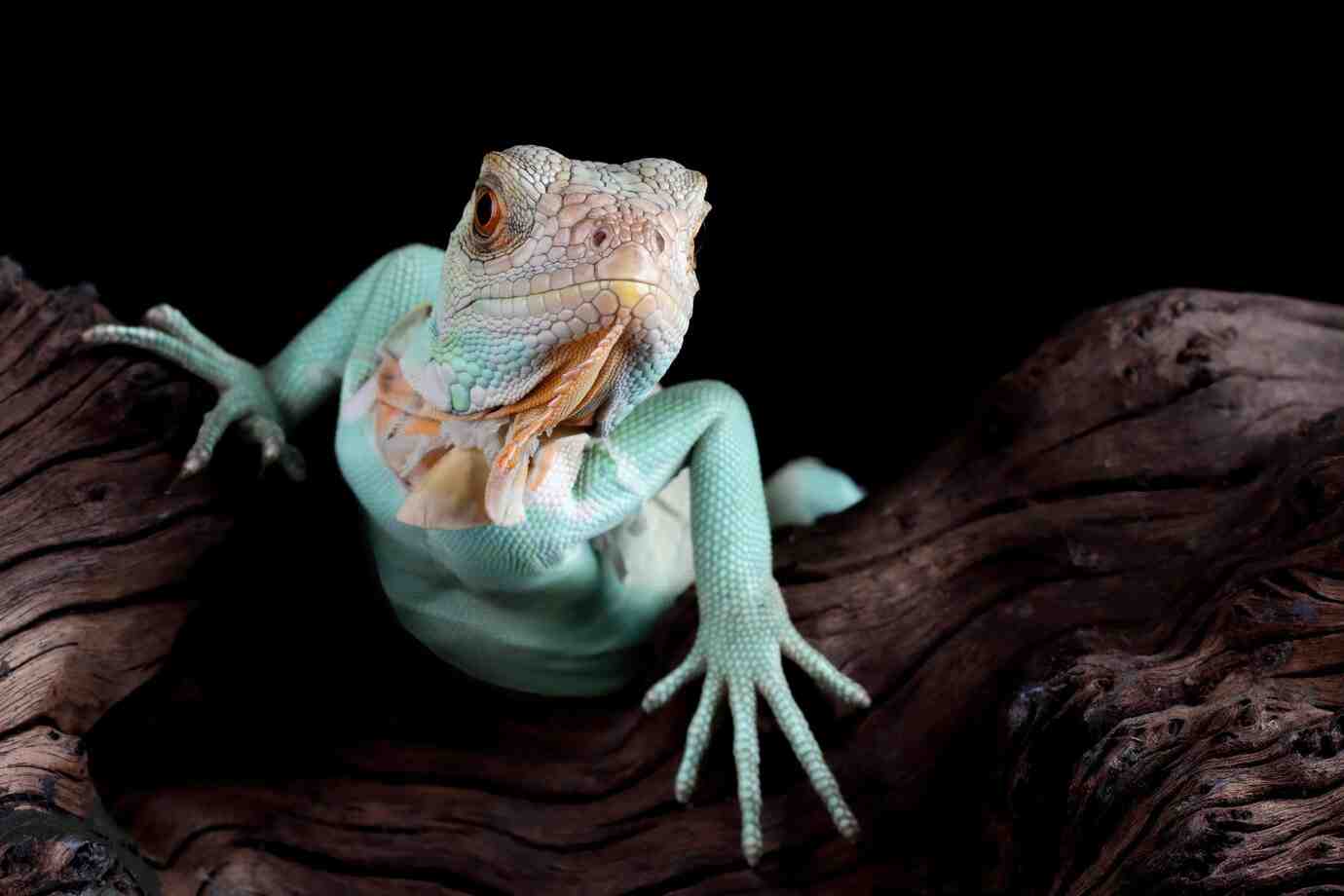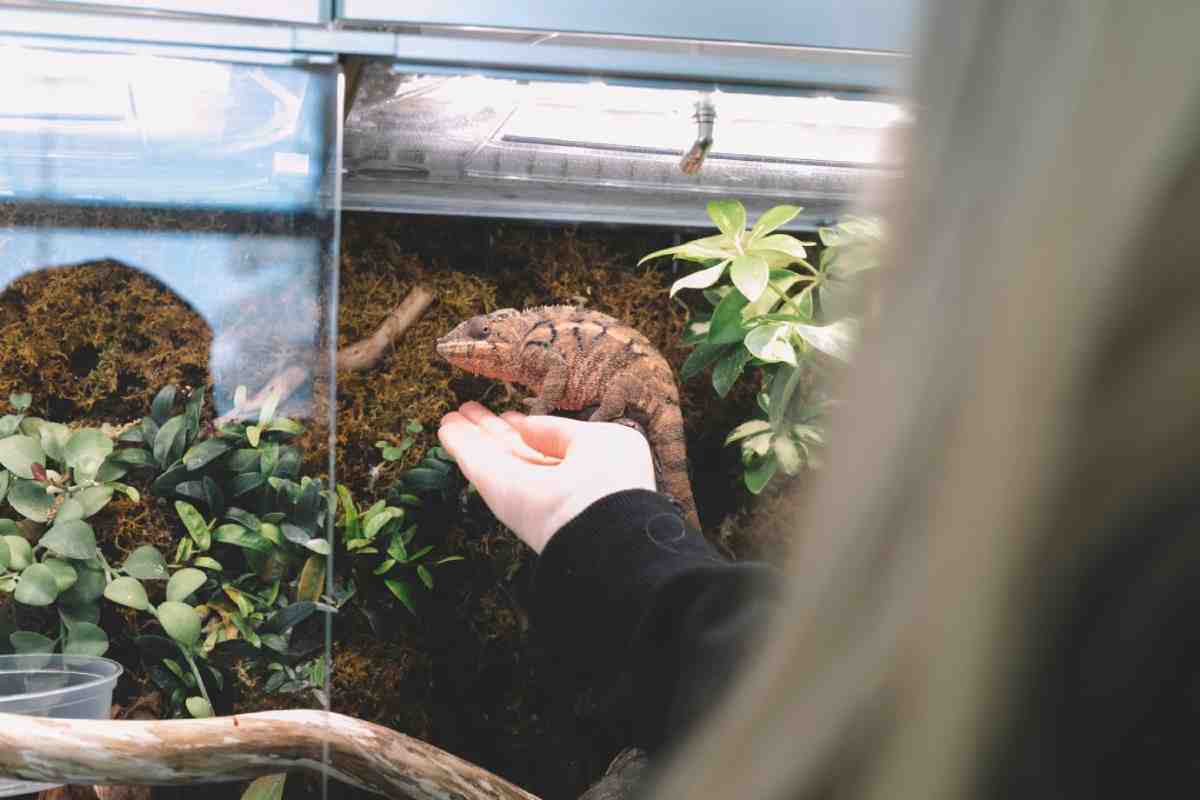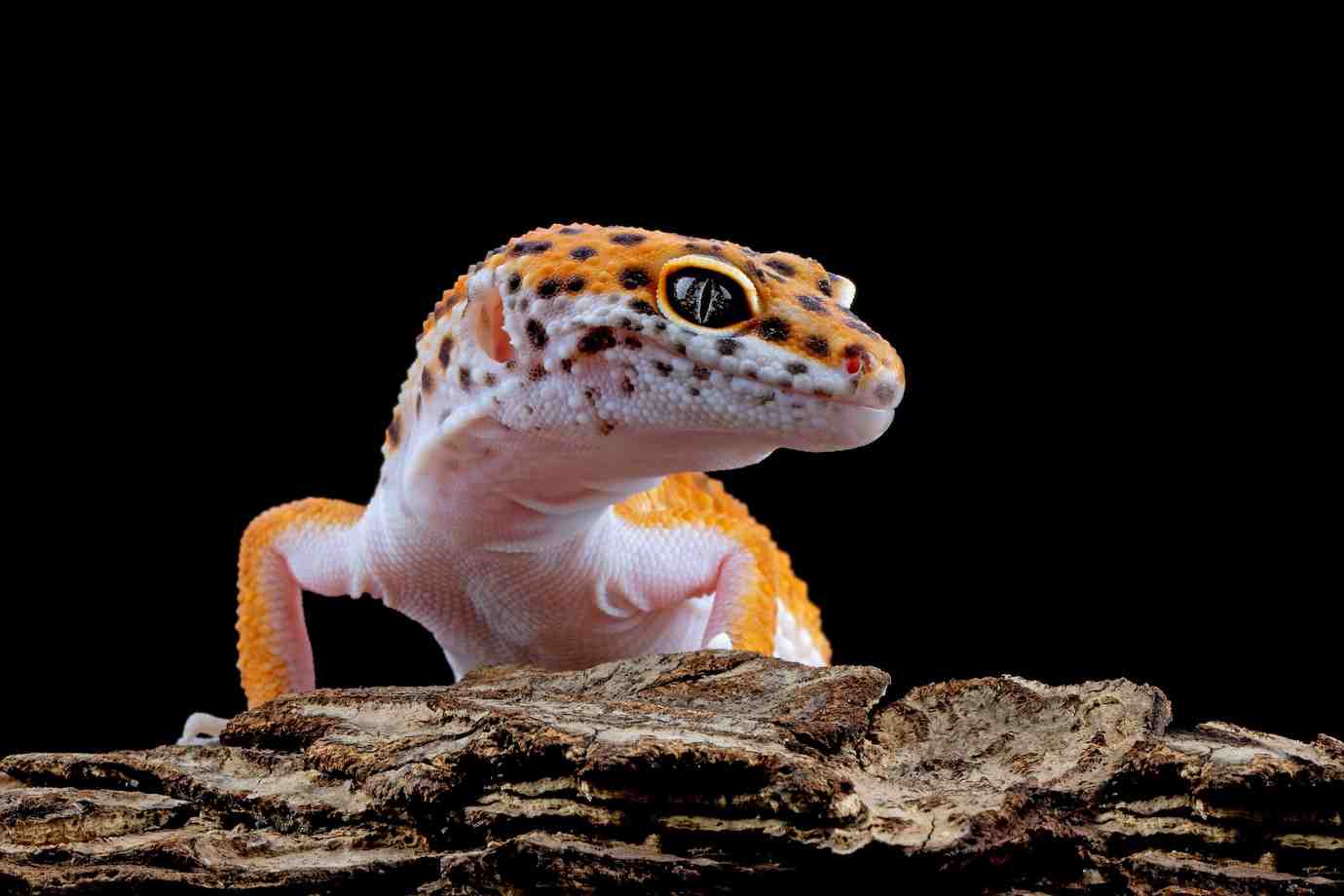
How Wild Capture Affects Reptile Populations
Reptiles are often seen as low-maintenance, fascinating pets. But many of the reptiles bought and sold around the world are still taken directly from the wild. Wild-caught reptiles may seem healthy in a tank. However, their journey from the forest to your home can be harmful. This affects not only the animals but also wild populations and fragile ecosystems.
This article covers the effects of the reptile trade on wild species. It also looks at the challenges of keeping wild-caught reptiles. Finally, it shares ways you can support an ethical reptile trade. Whether you’re a keeper, breeder, or enthusiast, you have the power to make better choices that protect reptiles both in captivity and in the wild.
What Does “Wild-Caught” Mean?
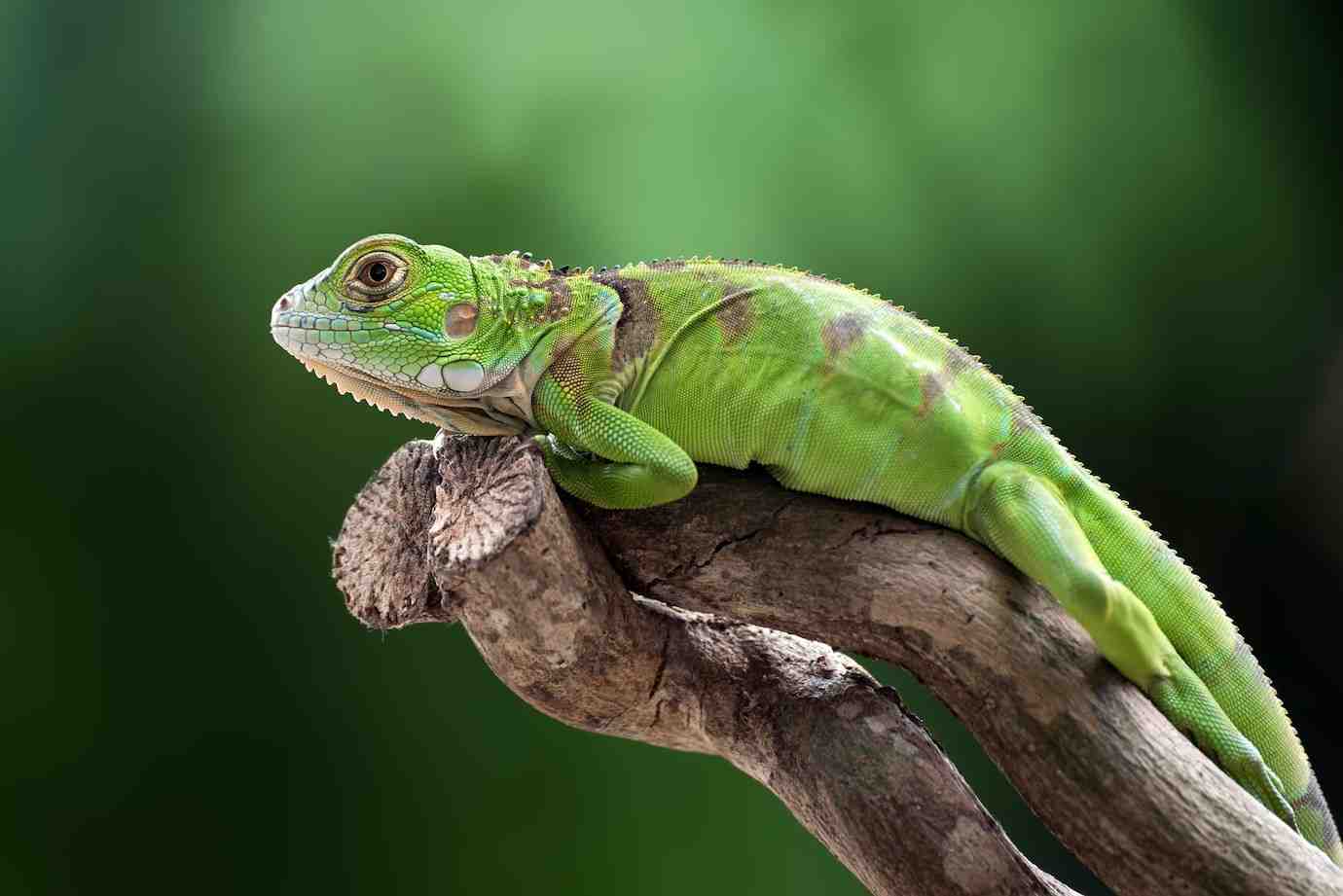
Wild-caught reptiles are animals taken directly from their natural habitat and sold for pets, research, or trade. They’re not bred in captivity — instead, they’re captured, transported, and sold, often in large numbers.
Species commonly caught from the wild include:
- Tokay geckos
- Green iguanas
- Ball pythons
- Chameleons
- Monitor lizards
- Many turtles and tortoises
Some countries export these animals legally under permits, while others deal in illegal or unregulated trade.
Why Are Wild Reptiles Still Captured?
There are a few reasons why wild-caught reptiles still make it into the pet trade:
- High demand for rare or exotic species
- Lower prices compared to captive-bred animals
- Limited availability of captive breeding for some species
- Lack of awareness from buyers
Unfortunately, these factors continue to drive collection — and the cost is high.
The Impact of the Reptile Trade on Wild Populations
The reptile trade impact is deeper than most people realise. It stretches far beyond the individual animal taken from the wild.
1. Population Decline
In many parts of the world, over-collection has caused serious drops in wild reptile numbers. Some species, like certain tortoises and geckos, are now endangered largely due to pet trade demand.
Removing too many animals disrupts natural balance and makes it harder for populations to recover.
2. Habitat Damage
Collectors may cut down trees, move rocks, or disturb nesting sites when searching for reptiles. This harms not just reptiles, but other animals and plants sharing the same space.
In areas with repeated harvesting, entire habitats can be permanently altered.
3. Death and Suffering During Transport
Many wild-caught reptiles don’t survive the journey. Long travel times, crowded conditions, poor ventilation, and lack of food or water can lead to high death rates — often before they even reach a pet store.
Even those that survive may arrive sick, dehydrated, or traumatised.
4. Disease Spread
Wild-caught reptiles can carry diseases or parasites that spread to other animals — or even people. This is a major concern for keepers, breeders, and ecosystems.
Once introduced, some diseases (like ranavirus or snake fungal disease) can wipe out wild or captive populations.
Challenges of Keeping Wild-Caught Reptiles
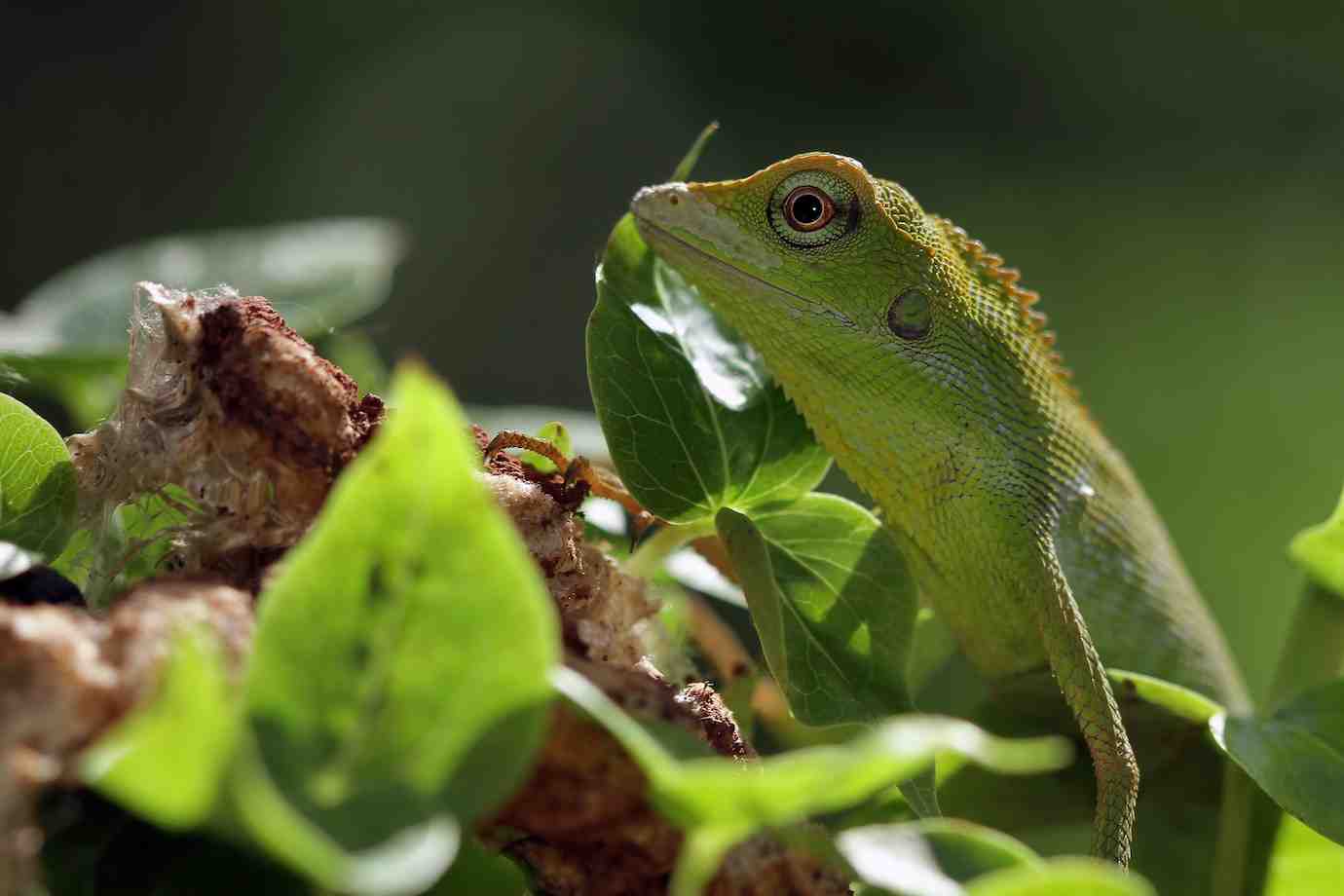
Even if they survive capture and transport, wild-caught reptiles often struggle in captivity.
Why Wild-Caught Pets Struggle:
- They’re not used to captivity — new sights, smells, and human interaction can cause constant stress.
- They may refuse food for days or weeks.
- They often carry parasites or infections.
- They hide or show defensive behaviours more often than captive-bred animals.
- They may be older, with unknown health history.
Caring for these animals can be stressful and heartbreaking — especially for new reptile keepers.
The Case for Ethical Reptile Trade
The good news? You don’t have to support wild capture to enjoy reptiles. A growing number of breeders and organisations promote an ethical reptile trade that focuses on:
- Captive breeding over collection
- Education about proper care and species needs
- Transparency in where animals come from
- Support for conservation projects
Ethical trade puts animal welfare, sustainability, and long-term species health first.
How to Avoid Buying Wild-Caught Reptiles
You may not always be told if a reptile is wild-caught — so it’s important to ask questions and buy carefully.
Ask Your Seller:
- Was this reptile captive-bred or wild-caught?
- Do you have documentation or proof of origin?
- How long have you had it?
- Has it been treated for parasites or illnesses?
Warning Signs of Wild-Caught Reptiles:
- Low price for an exotic species
- Signs of stress (won’t eat, defensive posture, dull skin)
- No history or records provided
- Seller avoids questions or gives vague answers
When in doubt, look for a different breeder or seller who values transparency and animal care.
How You Can Help Protect Wild Reptiles
You don’t need to be a conservationist or scientist to make a difference. Every buyer and keeper plays a role in protecting reptiles from harmful trade practices.
1. Buy Captive-Bred
Support breeders who raise animals in healthy, safe conditions. Captive-bred reptiles are often healthier, calmer, and easier to care for.
They also help reduce demand for wild-caught alternatives.
2. Educate Others
Share what you’ve learned with other keepers. Help them understand the risks of wild-caught reptiles and the benefits of buying ethically.
Use social media, reptile groups, or conversations at local shows to spread the word.
3. Support Conservation Groups
Many organisations work to protect wild reptile habitats and fight illegal trade.
Great options include:
- The Amphibian and Reptile Conservancy
- Turtle Survival Alliance
- TRAFFIC (Wildlife Trade Monitoring Network)
- IUCN Reptile Specialist Group
Even small donations or shares can go a long way.
4. Think Long-Term
Before getting a new reptile, ask yourself:
- Can I care for this animal for its entire life?
- Do I understand its needs?
- Am I supporting a seller who values animal welfare?
Responsible choices add up — and protect reptiles for the future.
Choose Wisely, Protect Wildlife
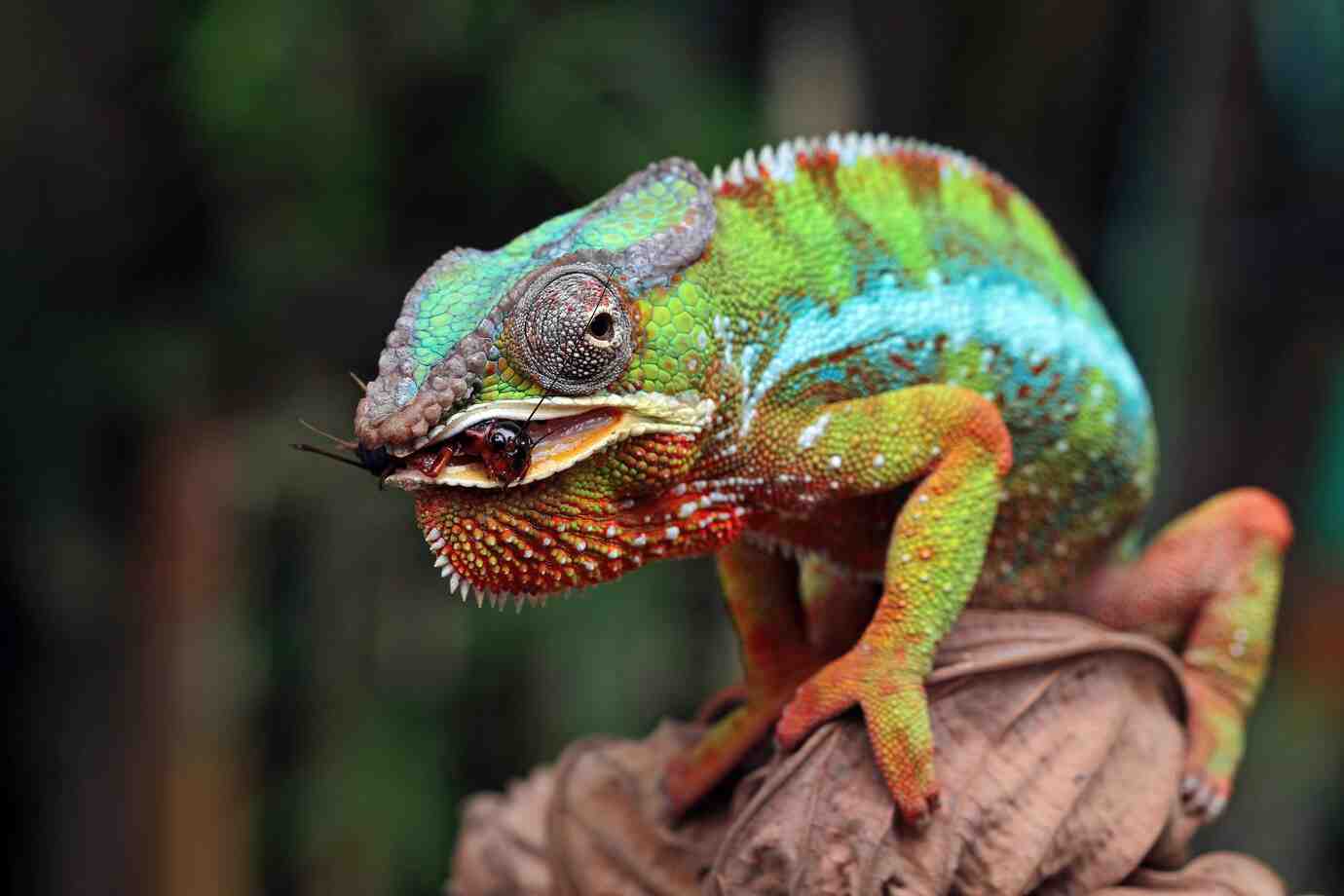
The trade in wild-caught reptiles may seem like a quick way to own a rare or exotic pet. But it often comes at a high cost — to the animal, to the environment, and to the long-term health of the species.
As reptile keepers, we have the power to support better choices. When we learn about the reptile trade’s effects and choose captive-bred animals from ethical sources, we help make a difference.
Choosing care over convenience creates a hobby that is exciting, sustainable, and kind to nature.
